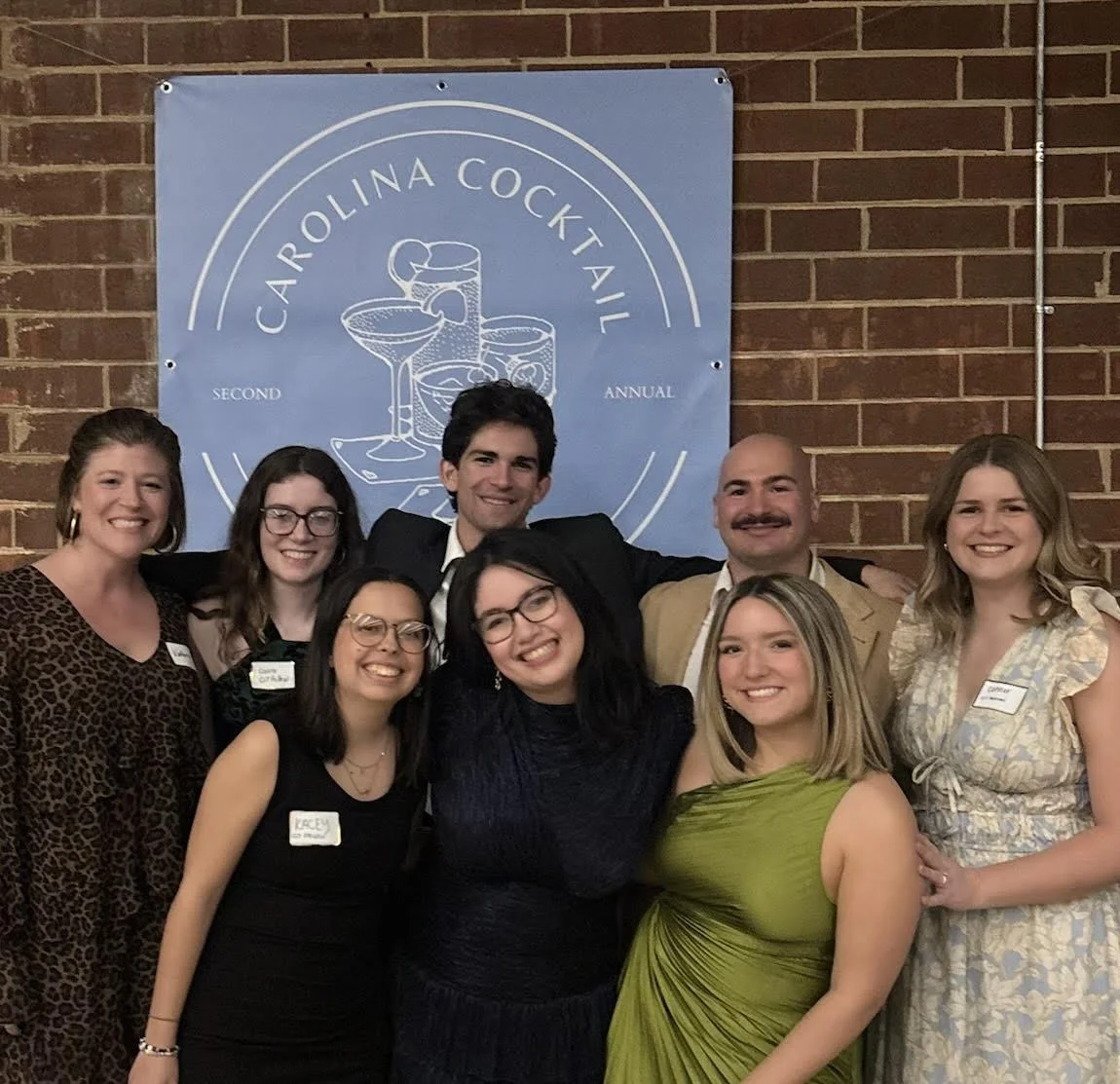Reposted from Mark's blog Sons and Orphans:
Big Wheels, Fearlessness, and My Brand New Blog
When I was a kid, I was fearless. No hill was too steep, no tree too high. Ok, so maybe my dad was a safety freak and made me wear a six-inch-thick styrofoam helmet whenever I Big Wheeled it. But still, I was fearless. Not just when it came to Big Wheeling, but in every area of life. Nothing seemed too risky or too dangerous. I didn’t care about the opinion of others, nor for the consequences of failure. I lived fully and whole-heartedly in every moment. Many children live this way. Maybe it’s because they’re young and naive. Or maybe it’s because children innately know they are unconditionally loved and accepted.
Sons & Orphans
The older I get, the less inclined I am to do anything that could result in failure, rejection, disapproval, or mediocrity. It just seems risky, like putting all your chips on the table. The uncomfortable truth is, I spend most of my life seeking the approval of others or fearing their disapproval. I live like an orphan, trying to be good, do good, and prove my self worth—both to God and others.
In her book, Nothing Is Impossible with God, Rose Marie Miller describes her life as an orphan in this way:
The gospel was not my working theology: Mine was moralism and legalism — a religion of duty and self control through human willpower. The goal was self-justification, not the justification by faith in Christ that the gospel offers. But, as many people can tell you, moralism and legalism can “pass” for Christianity, at least outwardly, in the good times. It is only when crises come that you find there is no foundation on which to stand. And crises are what God used to reveal my heart’s true need for him. (4)
Rose Marie Miller’s husband, Jack, characterized her self-justification as orphanhood: “you act as if you are an orphan. You act as if there is no Father who loves you” (11).
- Orphans have to take care of themselves.
- Orphans want to be accepted, to belong.
- Orphans feel condemned, guilty, and unworthy before God and others.
- Orphans live on a succeed/fail basis, are performance-oriented.
- Orphans are anxious over felt needs: relationships, money, health.
- Orphans tend to compare themselves to others—leading either to depression or pride.
- Orphans cannot depend on anyone, cannot be weak.
- Orphans crave to be taken in and loved but doubt they ever will.
I have long lived with an orphan mentality. This is why I have been afraid of writing. The thought is strange, even comical, since most of my life I’ve been told I have a gift for it. Yet, over the years I have shied away from writing. Why?
Fear of rejection. Fear of failure. Fear of mediocrity.
Ironically, I think sometimes we are afraid of using our gifts. It feels much safer to do things we are not naturally good at or haven’t put much time into. For those very reasons, we give ourselves lower expectations in these “ungifted” areas. Failure isn’t as soul crushing because it wasn’t “our thing” in the first place.
This is why I’ve been afraid to write. Since I have some natural ability in it, I expect more of myself. I fear what will happen if I actually pour my heart and soul into a piece of writing. What if it gets rejected? What if people say it’s garbage? What if someone is much better? If I’m not approved or affirmed in the very thing people say I’m “good” at, where does that leave me? It’s amazing how easily we confuse our performance and our work with our identity.
Yet deep down I know I am called to write. Since I was a boy I’ve always had a passion for stories and storytelling. It’s simply how God has wired me. And thankfully, because of his unfathomable mercy towards me, I know that my identity isn’t tied to my work. I am free to live, love, and work whole-heartedly, giving all that I am to all that I do with the understanding that my worth, future, and identity aren’t tied to my performance. I am free to fail. I am free from the burden of being at the top of my field. I am free because Jesus secured my identity as a son of God through his perfect life and obedient death on the cross.
Therefore, with this in mind, I venture out into the blogosphere. I hope to use this blog to share book reviews, movie reviews, and my random thoughts on life this side of heaven.
With all that I am,
MC





